Learning to deal with what’s happening in my head has really helped me on a day-to-day basis. I find mindfulness & relaxation are the keys to ensuring my head is in a good space. Like everyone, I need to feel in control of my life. Without being kind to myself I can procrastinate, overthink things and easily retreat into my own world.
What helps me?
To function well I employ a number of different techniques. This includes:
- Spending time meditating and implementing a good sleep routine to help me stay mentally healthy.
- Remembering to be grounded by staying in the moment rather than focusing on past challenges or what might happen.
- When I’m anxious making sure I draw on previous positive experiences to manage my thoughts.
- Staying physically fit and healthy with regular exercise programmes. This includes maintenance visits to a chiropractor to manage pain and movement. Plus I like reflexology as it helps my dystonic movement stay in check.
- Being an active dreamer (both waking and sleeping) is really important to me. My dreams have become a road map for my journey through life and make me feel I know where I’m going.
- Developing leadership skills around managing a team of staff who provide me with personal assistance, and also managing myself. It is important for all of us to feel in control of all aspects of life. This includes developing my own training sessions for my team around living independently and how I want to run my life.
- Talking informally with trusted friends and relatives. We train all my team to use good communication skills. One aspect of this is using a programme I developed at home in my early teens, called ‘talkabout’. Also, having access to a mentor, a dreams mentor and a counsellor means I have regular opportunities to chat about what is on my mind.
- Time management and organization strategies from reverse engineering situations, to making lists (and lists of lists) are really useful to keep me on track and task focused.
 Meditation at any time of the day or night
Meditation at any time of the day or night
I use the Headspace App by Andy Puddicombe, which I just love. It’s hard to believe I have used it to meditate every night for over 8 years. The initial success of this meant 6 years ago I added in a morning session. I’ve mentioned the importance of good sleep routines (influenced by Matthew Walker, see details below). As a result, I listen to one particular Headspace session every night when I turn my lights out to help me drift off into sleep. Each morning when I wake up, and before my radio comes on, I listen to another session (which may vary) to help me focus on the day ahead. I’m not a morning person so this helps me come round. Headspace lets you tailor the length of your meditation to suit your particular needs. With a lot of practice I now find 10 minutes before sleep and 10 minutes on waking do the trick for me.
Meditating at different times
At various times I will also have a meditation session in the middle of the day. For instance, when I broke my thumb and needed help managing pain, or in big competitions if I just need a total chillax away from everyone. I’ve also used it when I’ve had deadlines which make me feel stressed out. Meditation has been particularly useful if the weather is bad and I can’t get outside for a breath of fresh air, or there hasn’t been time to get in a proper break.
 Relaxation
Relaxation
Each of us have our own ways of being relaxed. If I have nothing to think about then my mind goes haywire. Keeping my mental and emotional well-being balanced is crucial. As a result, I always have to have a project on the go that helps me to stay calm and feel in control. So when boccia is frantic because we are prepping for a big competition I like to take time out. The sorts of things might include doing some crafting, or preparing a presentation (sad but true I love public speaking). I try to take time out every day to get in the fresh air, or at least to exercise, and often take photos. This photo makes me smile, it is of the sun caught shining on my heart display outside my kitchen window. The key to me relaxing well is my physical well-being when I feel good I chill out more easily.
Thinking about communication opportunities helps me be in control
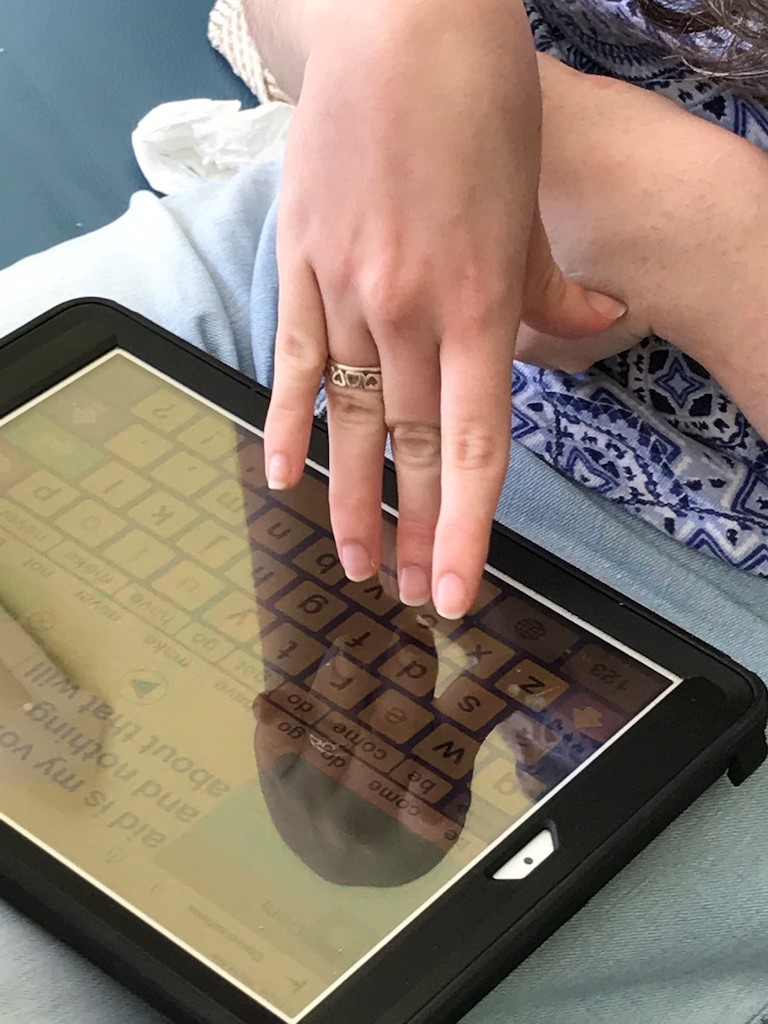 Another way I like to relax is by tweaking my communication device. As an AAC user I’m constantly thinking about my communication, like everyone else my thoughts about what I want to say, and how I might say it is evolving daily. I’m always thinking of new ways to programme. How to be quicker when I want to be spontaneous, and how I use my device to rise to leadership challenges and opportunities. This might be preprogramming some starter prompts for my ‘talkabout’ sessions. Alternatively redefining the categories within the software programme for speed of use. The more I do this the more in control I feel, and especially when I try things out and they work well.
Another way I like to relax is by tweaking my communication device. As an AAC user I’m constantly thinking about my communication, like everyone else my thoughts about what I want to say, and how I might say it is evolving daily. I’m always thinking of new ways to programme. How to be quicker when I want to be spontaneous, and how I use my device to rise to leadership challenges and opportunities. This might be preprogramming some starter prompts for my ‘talkabout’ sessions. Alternatively redefining the categories within the software programme for speed of use. The more I do this the more in control I feel, and especially when I try things out and they work well.
Mindset
Undoubtedly mindfulness & relaxation helps with my mindset, but I’ve two other mindset books I’d recommend.
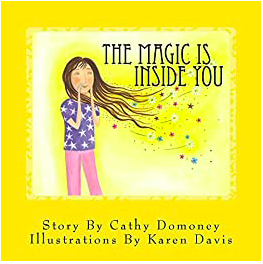 ‘The magic is inside you’ by Cathy Domoney.
‘The magic is inside you’ by Cathy Domoney.
This is a lovely story written for a younger child about the different voices we all have in our heads. The focus is how it is within us all to stop those negative thoughts. I found it particularly useful as the techniques suggested could be easily turned into visuals which suits my way of thinking. I’ve successfully adopted these techniques both in daily life and in sport.
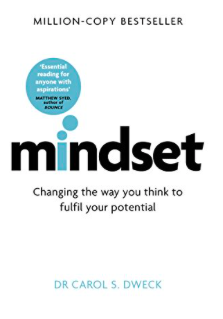 ‘Mindset: changing the way you think to fulfill your potential’ by Dr Carol S Dweck
‘Mindset: changing the way you think to fulfill your potential’ by Dr Carol S Dweck
Having a growth mindset helps us all to achieve. Everything is possible! I remember at a training camp many years ago overhearing a coach talk about another player and saying ‘they are so negative, they have the potential but don’t want to go outside of their comfort zone’. This struck home, I’d recently come across positive mindsets and hadn’t thought about it in terms of sport. The following day I went out with a different mindset, prepared to learn and grow, process-focused. Suddenly I started seeing the progress I was making, and what a difference a growth mindset can make. I have adopted this approach to life in general and I’m not afraid to work hard, take on a challenge, persist even when it goes wrong, take on board and learn from feedback, seek out and learn from others.
The Importance of sleep
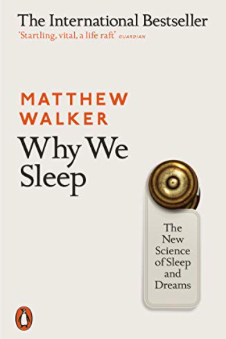 At a time when I was always tired this book was recommended by a sports coach. It really helped me to understand the importance of sleep and getting good routines, And just as importantly how much sleep can benefit us in every area of our life. This works from learning, to being physically, mentally and emotionally well. After reading the book I worked first on getting a window of sleep opportunity that was right for me. I needed to work with my team for them to understand the importance of what I was hoping to achieve. For instance, I now use the record button on the TV to ensure I don’t miss a programme if it’s scheduled after I want to go to bed. My routines are much the same every night. I try to go up to bed at the same time. Then I have a bath to relax, making sure I talk about what’s on my mind and getting clothes sorted for the next day. Then finally when I switch off the light meditating as I fall asleep.
At a time when I was always tired this book was recommended by a sports coach. It really helped me to understand the importance of sleep and getting good routines, And just as importantly how much sleep can benefit us in every area of our life. This works from learning, to being physically, mentally and emotionally well. After reading the book I worked first on getting a window of sleep opportunity that was right for me. I needed to work with my team for them to understand the importance of what I was hoping to achieve. For instance, I now use the record button on the TV to ensure I don’t miss a programme if it’s scheduled after I want to go to bed. My routines are much the same every night. I try to go up to bed at the same time. Then I have a bath to relax, making sure I talk about what’s on my mind and getting clothes sorted for the next day. Then finally when I switch off the light meditating as I fall asleep.

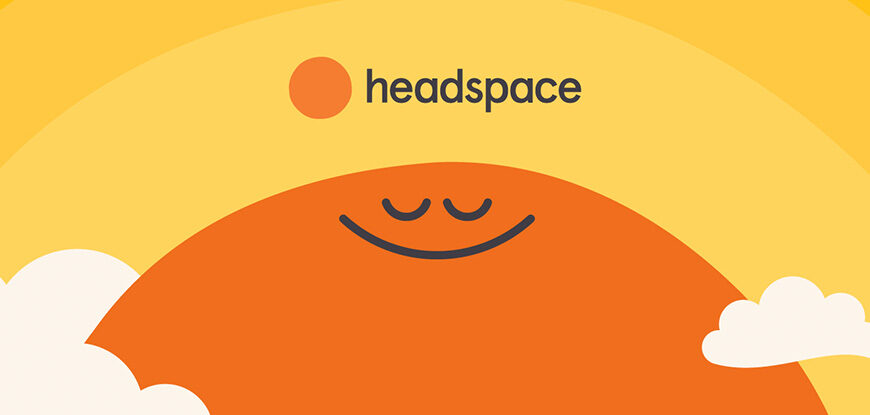
If you found this interesting or
helpful please feel free to share.